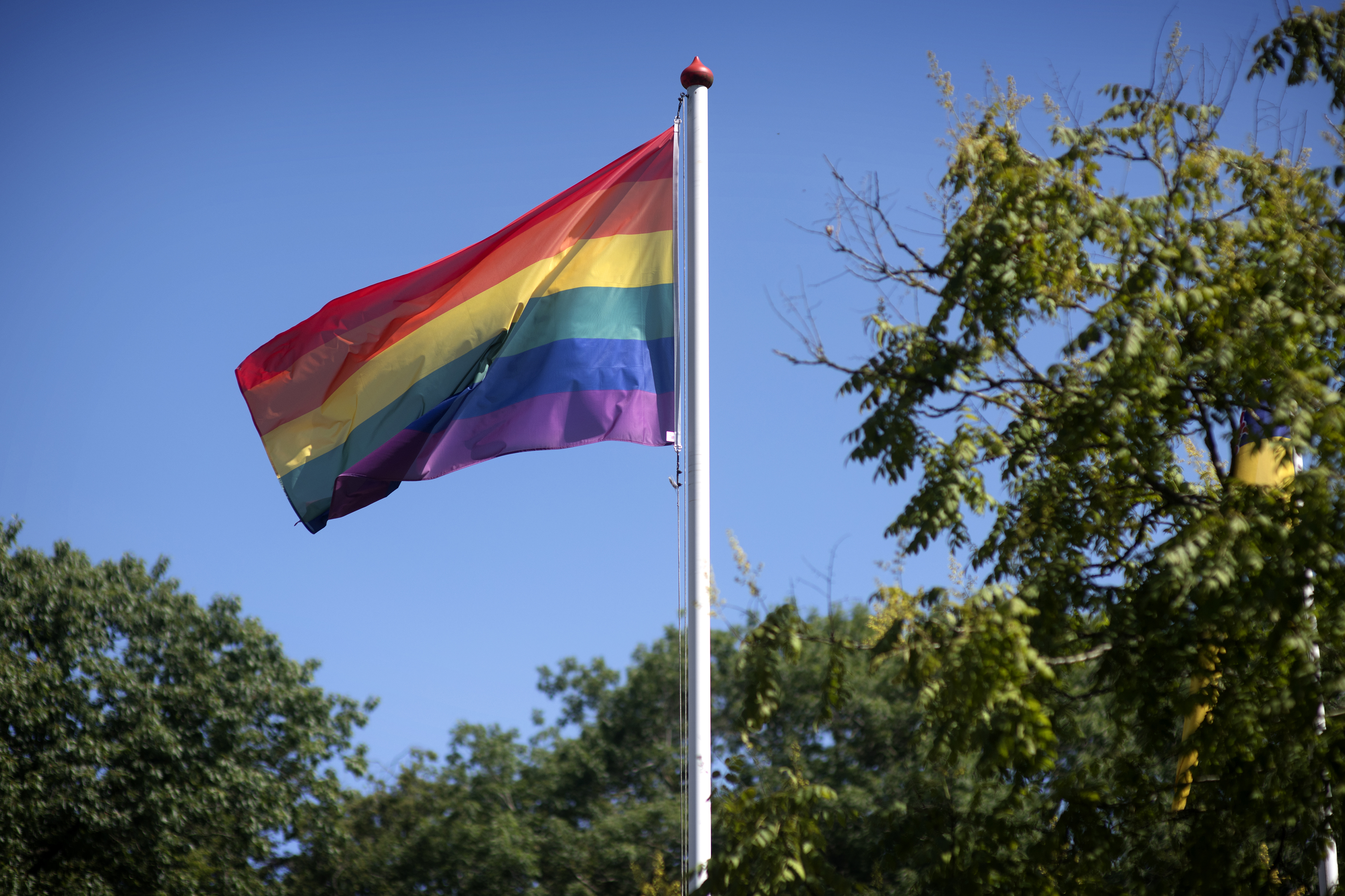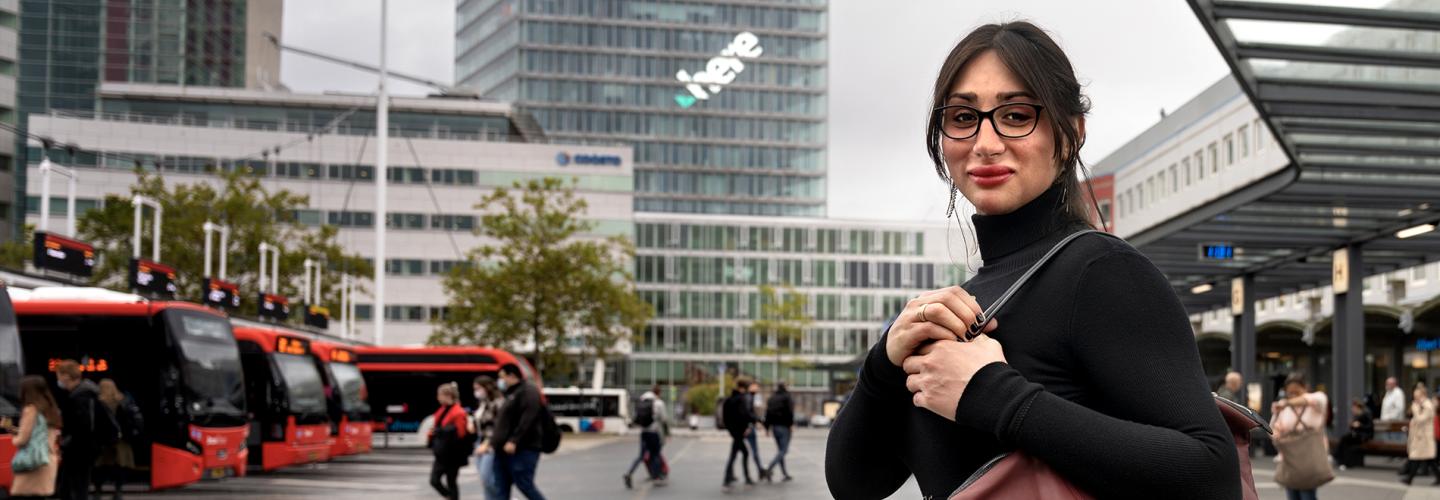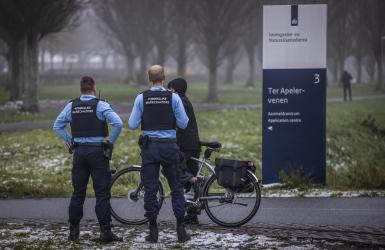The IND assesses whether an asylum seeker is eligible for a residence permit because of their sexual orientation. This is no easy task. The IND staff member assesses whether the statements the asylum seeker made about their sexual orientation and the problems in the country of origin are credible. The staff member uses the work instruction on hearing and deciding in cases in which LGBTIQ+ orientation is put forward as a reason for asylum, among other things.
Establishing and assessing sexual orientation
Sexual orientation cannot be proved by means of documents. Therefore, the IND gives the asylum seeker plenty of opportunity to tell about their stated sexual orientation or gender identity. Different themes are addressed, for example the situation of LGBTIQ+ people in the country of origin. It is up to the asylum seeker to make their sexual orientation or gender identity credible. This can sometimes be difficult for LGBTIQ+ people because we cannot assess from the outside what the asylum seeker’s (inner) identity is.
In the assessment of an asylum application, we take into account that it is not possible for an asylum seeker to provide conclusive evidence that they are LGBTIQ+. The IND staff member will never ask for details about an asylum seeker’s sex life. Nor does the IND carry out medical tests (including psychological examination).
Individual approach to LGBTIQ+
No two people are the same. Knowledge about the LGBTIQ+ community in their country of origin can vary between asylum seekers, just like their contacts or relationships with people of the same sex. That is why the IND is looking for the asylum seeker’s authentic story and tries to adapt questions to the individual situation in doing so. The IND staff member takes into account cultural differences and how people think and express themselves.
Investigation of credibility of sexual orientation
We will first investigate whether the sexual orientation is credible because it also happens that an asylum seeker only uses this reason to obtain a residence permit. The questions we ask address the problems the asylum seeker says they have had in their country of origin. Then we check whether these match what is known about the general situation of LGBTIQ+ people in the country of origin.
We also investigate how the asylum seeker has expressed their sexual orientation in the past and now. Next, we will investigate what awaits the asylum seeker should they return, for example persecution, and how serious the situation is in the country of origin.
Safe environment to speak about homosexuality or transgenderism
Because LGBTIQ+ people are often from an environment where being gay, lesbian or transgender is taboo, many of them find it difficult to talk freely about their sexual orientation. Especially if they have had negative experiences with the authorities in their country, they may not feel free to tell their story without restraint.
Interviewing vulnerable asylum seekers
IND staff receive training that extensively covers the difficulties of interviewing vulnerable asylum seekers. It also includes the ways to record an asylum seeker’s story well on paper, also when someone feels ashamed. Also addressed are ways to create the right atmosphere during the interview and give someone room to tell their story. The training also addresses stereotypes and the role of the interpreter.
More information
COC Netherlands
ilga.org (overview of LGBTI legislation worldwide)




